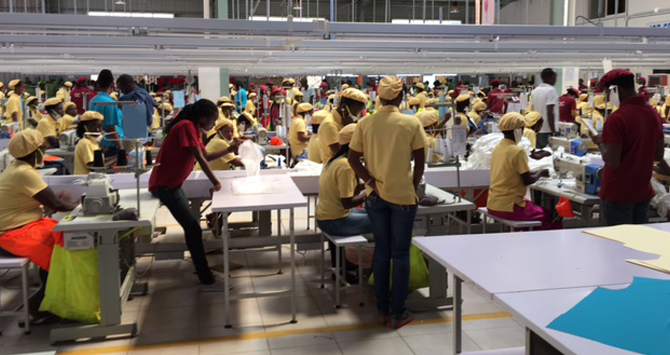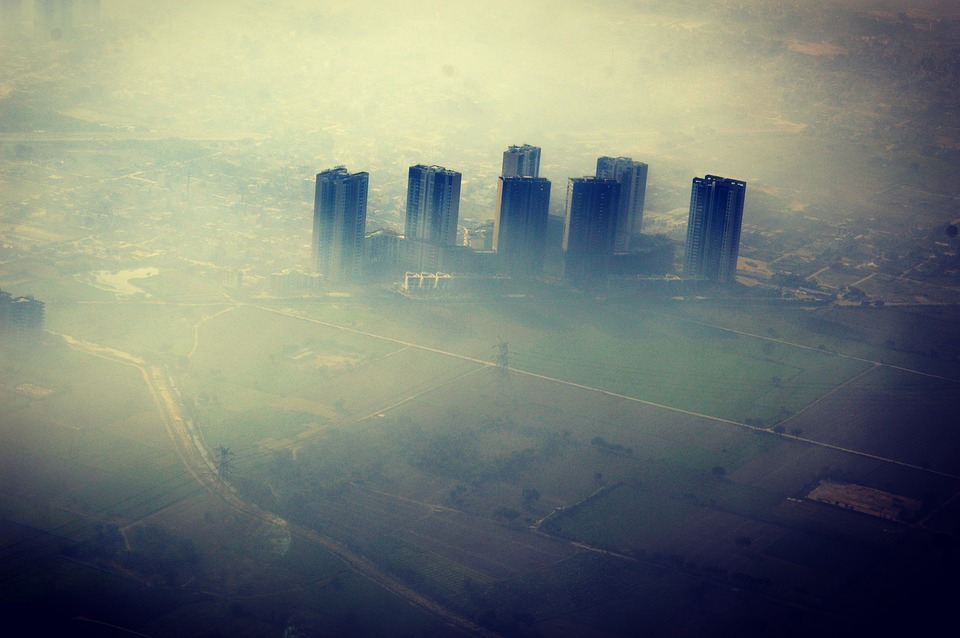
A decision to rename a road in Cape Town after former South African President FW De Klerk has opened up a great deal of controversy over how history views those who reform political systems from within.
Perhaps the biggest talking point in South Africa last week was the decision to rename Table Bay Boulevard in Cape Town after former President FW De Klerk. The decision has drawn negative reaction in South Africa and abroad as many have seen the move as honoring apartheid. Members of the Democratic Alliance party – which rules over Cape Town and the larger province of the Western Cape – who voted for the name change were opposed by members of the nationally-dominant African National Congress, leading the former to lock the latter out of the meeting that voted on the issue after they disrupted the meeting numerous times.
The renaming of 5km of a road that intersects with other renamed roads like Nelson Mandela Boulevard and Walter Sisulu Avenue is of course purely symbolic and not particularly important in itself. But the debate that it has sparked off says a lot about how political reformers like De Klerk are discussed in historical terms, both in South Africa and elsewhere.
Most of the opposition to renaming the road centers on two issues: that De Klerk was leader of the National Party (NP), the party responsible for introducing and maintaining apartheid policies in South Africa over a period of over forty years, and that the reforms that he introduced were inevitable.
In the first instance it is notable that De Klerk has been called “Apartheid’s last president” by many ANC members, rather than “the man who helped dismantle apartheid.” De Klerk of course rose to power during the apartheid era, but within months of assuming power in 1989 he lifted the bans on the ANC and the South African Communist Party and released Nelson Mandela from prison along with many other political prisoners. After taking the chance of calling a whites-only referendum on his reforms in 1992, he received a mandate to continue with his efforts at dismantling the apartheid system, eventually leading to the end of NP rule and his own political career. In this sense he is ultimately comparable to the last leader of the USSR, Mikhail Gorbachev, rather than the other white African leader to give up power in the late 20th century, Rhodesia’s last leader Ian Smith, who only relinquished power through negotiations after years of civil war and international condemnation. Indeed, it is interesting to note how Gorbachev has enjoyed incredible international prestige over the past two decades, winning numerous awards and honorary doctorates from around the world, while De Klerk’s Nobel Prize largely sits alone atop his mantelpiece.
Of course, those opposed to the street name change point to the fact that De Klerk, who was first elected to Parliament in 1969, has never actually renounced apartheid. Instead he claimed in a 2012 CNN interview that apartheid could have worked along the idea of separating South Africa into individual “ethnic unities,” as with the split of Czechoslovakia into the Czech Republic and Slovakia. Yet here again the analogy with Gorbachev stands: in a 2011 interview Gorbachev also claimed that the Soviet system could have worked had it been reformed earlier and has never apologized for the numerous human rights abuses suffered by millions under Soviet rule.
The second accusation, that De Klerk merely continued negotiations with ANC and Mandela that had begun before he assumed the presidency, assumes that the dismantling of apartheid and the unity ANC/NP government that emerged in 1994 was inevitable. It is true that the previous President of South Africa, PW Botha, introduced political reforms that gave Coloured and Indian citizens their own Parliaments, and repealed various aspects of the apartheid system such as the Immorality Act (which prohibited interracial sex and marriage). Yet the whole concept of any negotiations being inevitable is fallacious in the extreme, especially in a context that was as volatile as South Africa was in the 1980s. Indeed, as Ugandan political scientist Mahmood Mamdani noted in his book on the Rwandan genocide, When Victims Become Killers,“if some seer had told us in the late 1980’s that there would be a genocide in one of these two countries [South Africa or Rwanda], I wonder how many among us would have managed to identify correctly its location.” It is certainly possible that the South African transition could have been delayed indefinitely: in the words of one South African commentator, inasmuch as he had a vast military advantage over the ANC De Klerk could have held onto power for much longer a la Gaddafi in Libya or Assad in Syria, “inevitably dragging the country into a civil war and a destruction of the economy.” It is the relatively peaceful nature of the transition to black rule that led the Nobel committee to jointly award De Klerk and Mandela the 1993 Nobel Peace Prize.
The nature of the debate over whether or not De Klerk deserves to have a street named after him thus says much about how history views political reformers. It is interesting to note how universal the praise has been for Mandela (at least after he was released from prison), but praise for reformers like De Klerk who work with liberation leaders to bring about a better world remains very limited. Indeed, had there been a Soviet Mandela, i.e., one major anti-communist leader in the USSR in the 1980s (as opposed to numerous anti-communist agitators across the USSR and Eastern Europe), one could imagine a different historical legacy for Gorbachev. Similarly, in light of the above the old argument that the biggest problem in the Israel-Palestine conflict is that the Palestinians lack a Mandela tends to fall apart: in fact, as at least one commentator noted recently in the Israeli newspaper Haaretz, what is missing in Israel-Palestine is not a Palestinian Mandela but an Israeli De Klerk.





